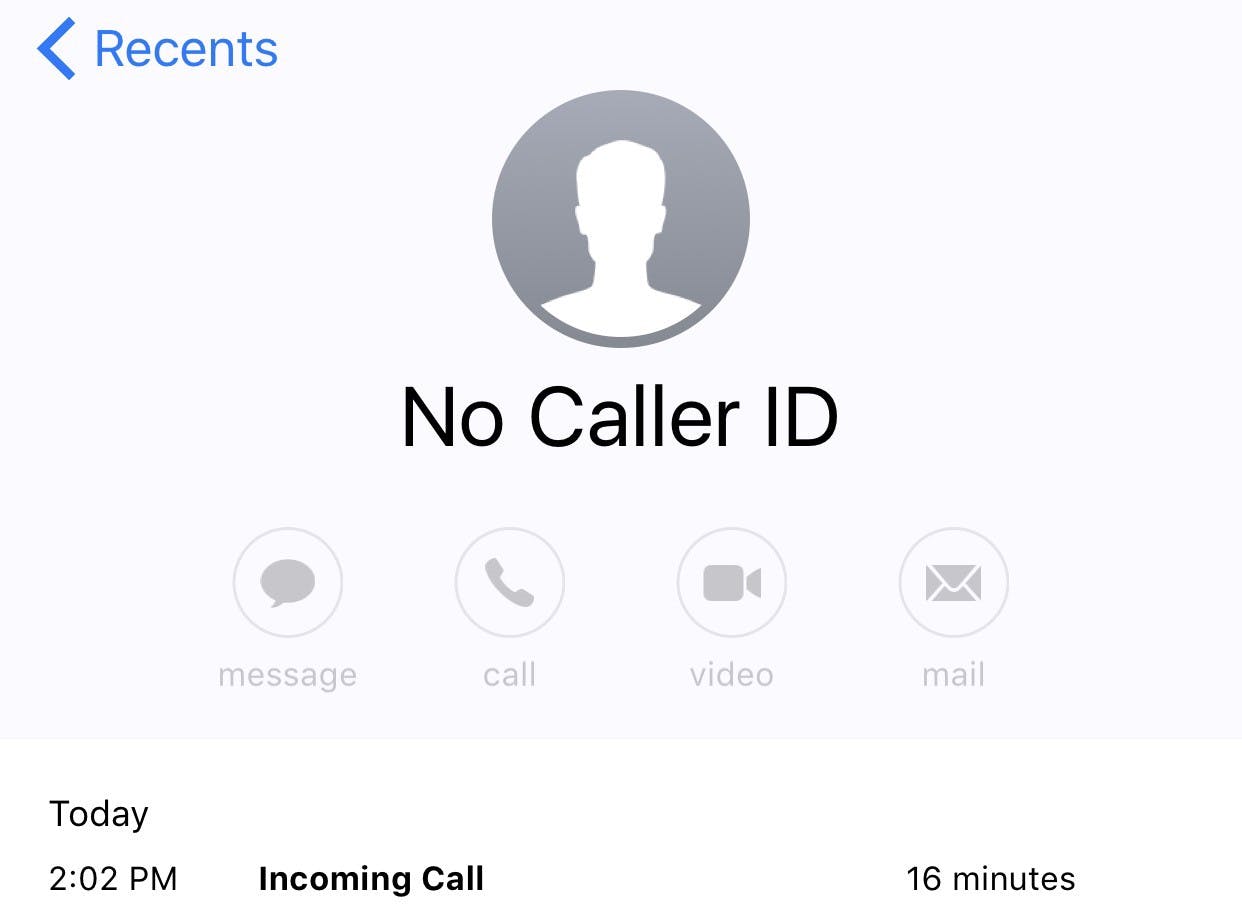17,492 reads
The SEC Called About Our ICO, I Answered
by
July 28th, 2017

Early-stage digital discovery specialist. Partner @ The Discoverability Company.
About Author
Early-stage digital discovery specialist. Partner @ The Discoverability Company.
Comments
TOPICS
Related Stories
1inch is ...Inflationary?
May 24, 2021
